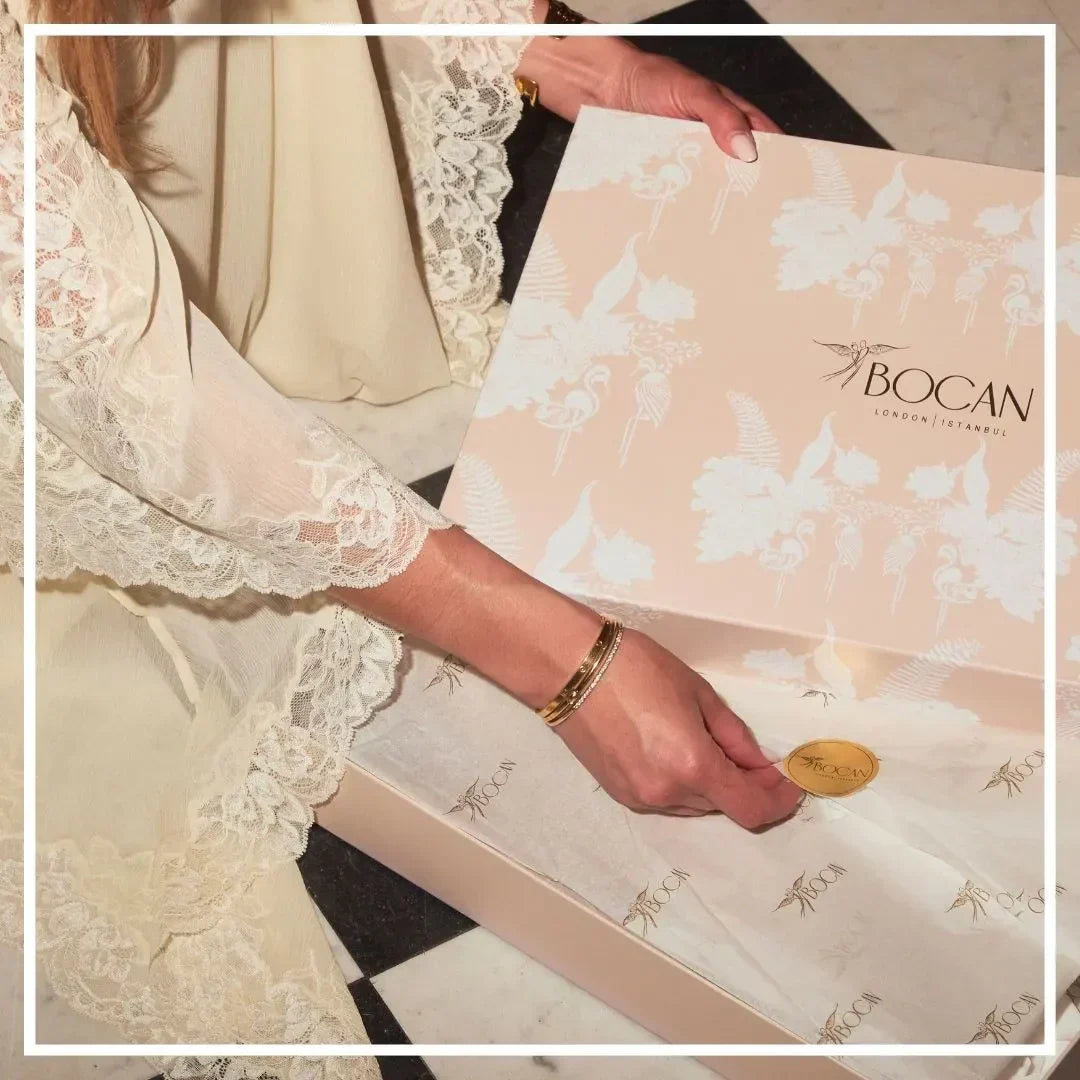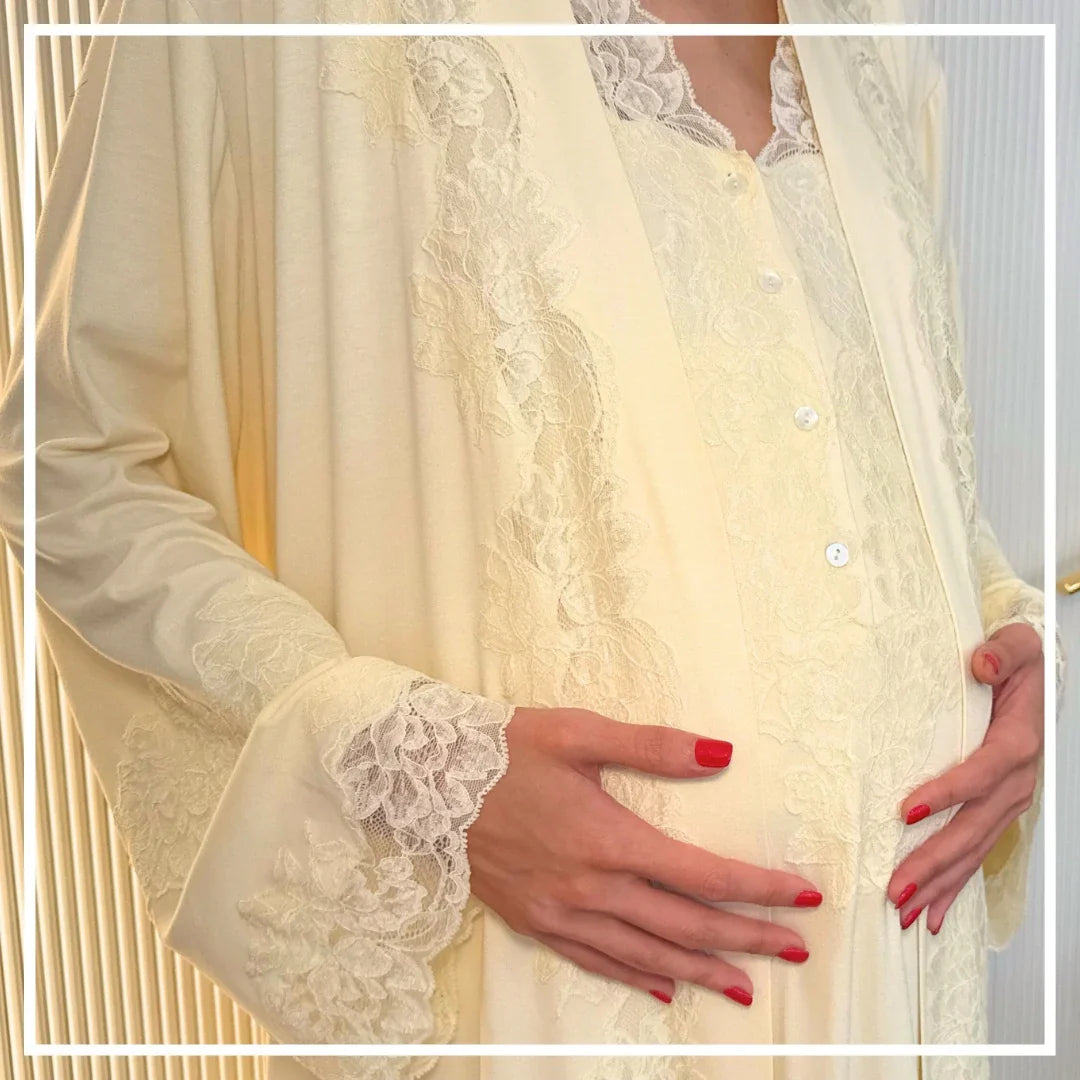
Nowadays, many people are aware of the importance of "sustainability" and strive to incorporate it into all parts of their lives, including fashion. In that sense, during the 2021 United Nations Climate Change Conference or COP26, set some targets for the protection of the ecosystem and natural habitats and for countries to reduce their emission rates by 2030. Sustainable fashion and ethical business practices are essential to ensure environmental protection. So one way to achieve the goals is for individuals to have a consumption habit in accordance with the principles of sustainable fashion pledged to create eco-friendly clothing that follows the principles of slow fashion.
But what does sustainable or slow fashion mean, and what are its implications? Learn more about how the fashion industry affects the environment to gain a better understanding.
What is the Climate Impact of the Fashion Industry?
Unfortunately, the fashion business accounts for roughly 4% of estimated global harmful emissions. Other studies suggest that it might even be higher. The majority of the emissions are caused by toxic materials manufacturing practices, with the rest coming from retail activities and end-of-use systems. The impact will worsen if this tendency continues; this is why sustainable fashion is the need of the hour. Sustainable clothing has the potential to significantly reduce ecological harm.
What is Sustainable Fashion?
Clothing and accessories created in an environmentally and socially responsible manner are referred to as sustainable fashion. Sustainable fashion is about safeguarding the environment and practising ethical ways of creating garments; so, it is an ethical fashion. It involves using eco-friendly fabric. Sustainable fashion involves using eco-friendly fabric and production, but it's more than just these.
On the other hand, slow fashion is a component of the "slow movement," which pushes for manufacturing that is considerate of environment and climate change. It is opposite to the term "fast fashion" that urges people to consume fast. Slow fashion therefore promotes more "slow consumption" and invites us to think and act about the disasters on our planet as a result of the fast-moving consumption frenzy.
The production process of sustainable fashion includes multiple aspects:
- Reduced emission of greenhouse gases and wastewater
- Minimal overproduction
- Eco-friendly manufacturing processes
- Safe working environment
- Fair wages for all people involved
- Improved end-of-use activities
How Does Sustainable Fashion Help Climate Change & the Environment?
Ethical clothing manufacturing has many factors involved, and fashion brands need to ensure that they develop their business strategies by taking them into account. Many such pledges were made at COP26, and the focus was on sustainable fashion and textile production. Immediate and large-scale action can help reduce harmful emissions and also assist in setting up sustainable business practices. Sustainable fashion has some benefits at an industrial as well as individual level:
- Eco-friendly clothing materials result in reduced waste
- Lower pollution levels help improve biodiversity
- Clothes made out of sustainable fabric are timeless classics
- Trade incentives improve the business revenue for brands
Material & Fabric Sourcing of Sustainable Fashion to Combat Climate Change
Sustainable fashion involves choosing appropriate raw materials, especially fabric. Fabric materials such as cotton and linen are not only beneficial to the environment and climate change effects but are also lovely choices for creating stylish outfits. Sustainable fabrics are made to last, are easier to produce, and cause fewer allergic reactions. As a result, sourcing the rights and sustainable materials for clothing is more beneficial to people and climate change.
For instance, at Bocan, we focus on ethical cotton production. That is evident in every touchpoint - right from design to production. Each of our clothing or bedding pieces is made by artisans. Produced by using organic and recycled cotton fabric, every piece ensures minimal waste. Our excellent collections are sustainable clothes and pyjamas for you.
Get Sustainable Fashion at Bocan
Bocan uses natural textiles and appropriate materials like sustainable cotton, rayon, and silk that are breathable and comfortable. Our products like nightgowns, robe sets, pyjama sets, and more are created for the modern woman by fashion experts regarding the Earth we live on. Bocan continues to contribute its part towards achieving sustainable fashion by taking initiatives, such as Made to Measure For Sustainability. We make sure that the garments are made of sustainable fabric and recycled cotton fabric, focusing on minimum waste, maximum comfort, and impeccable style.




